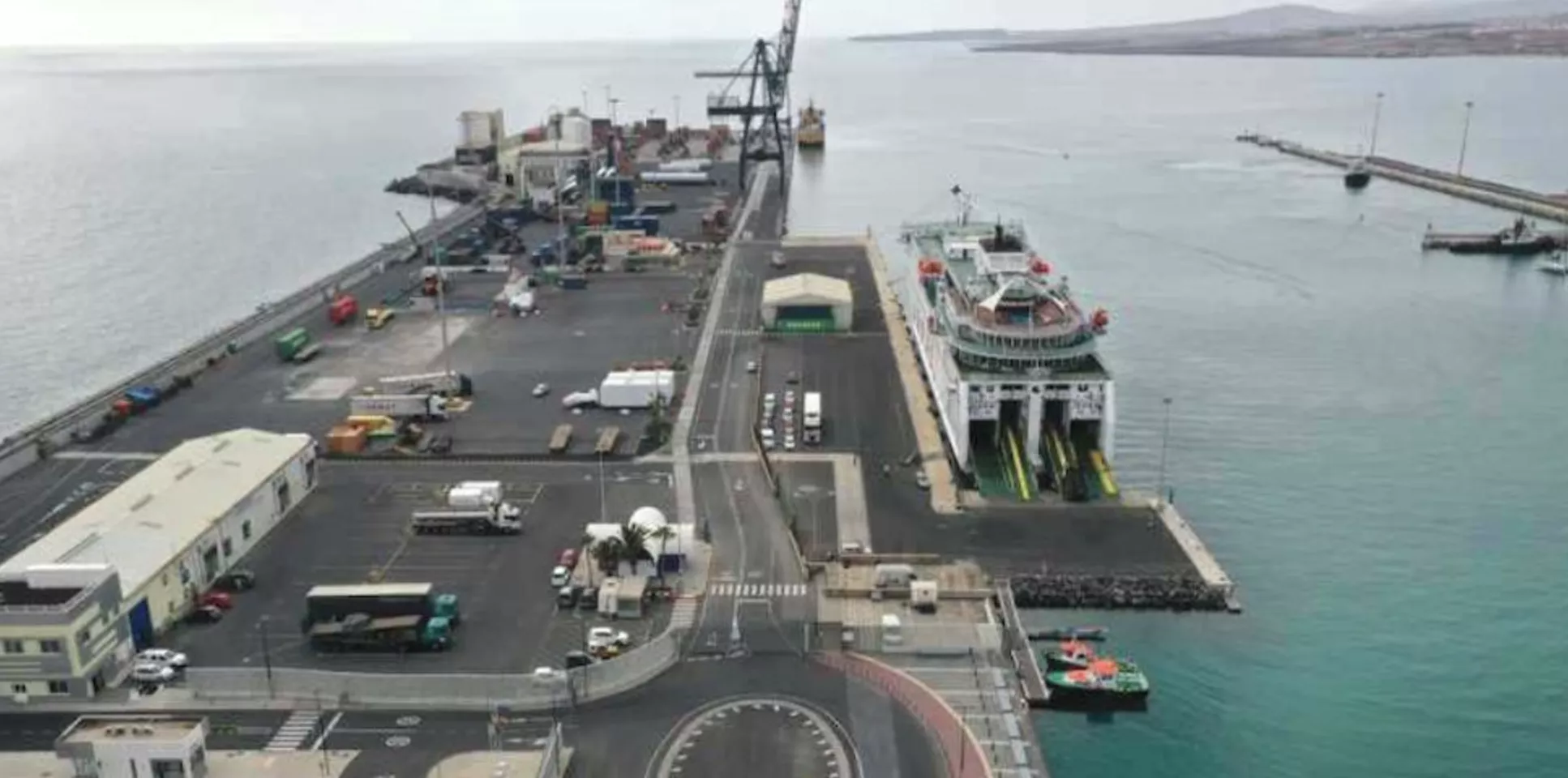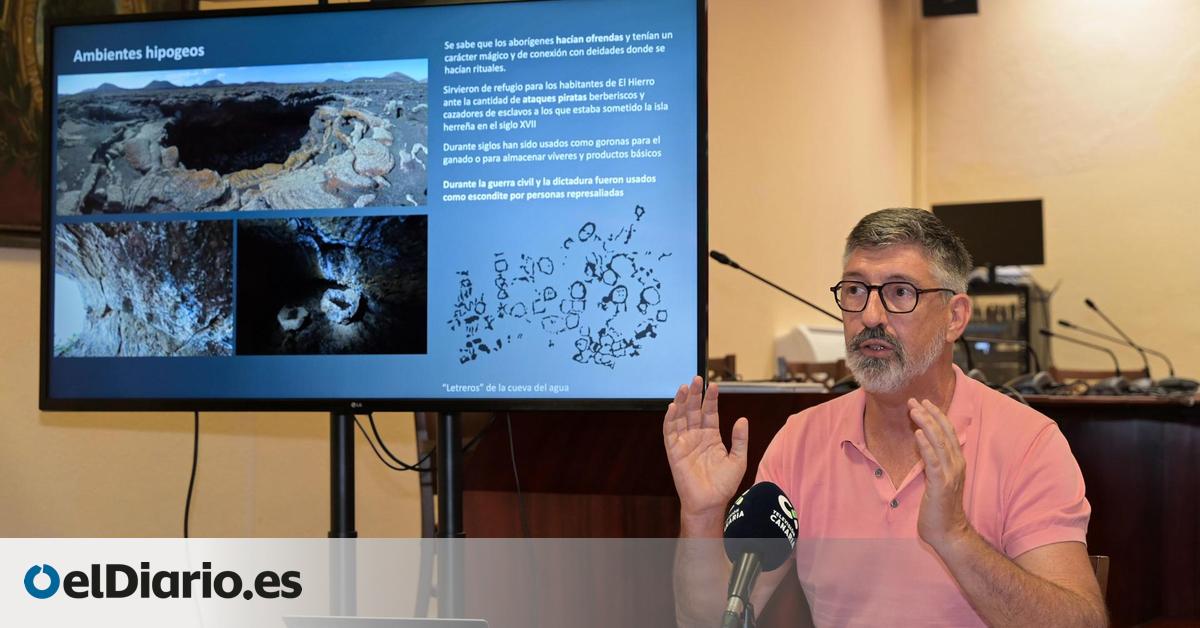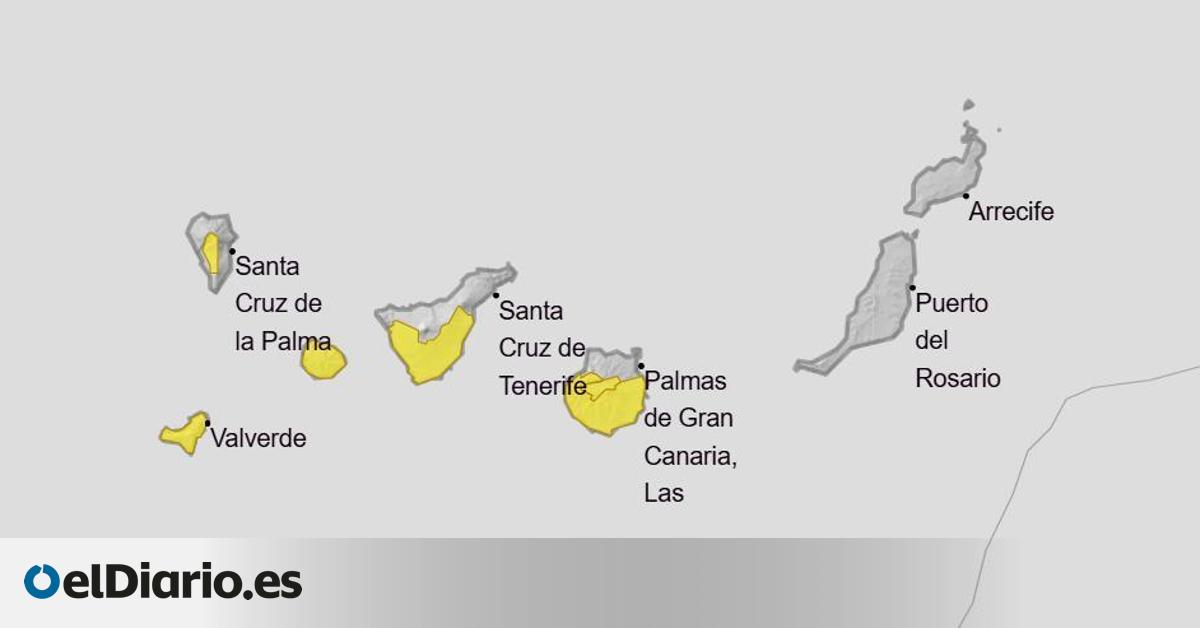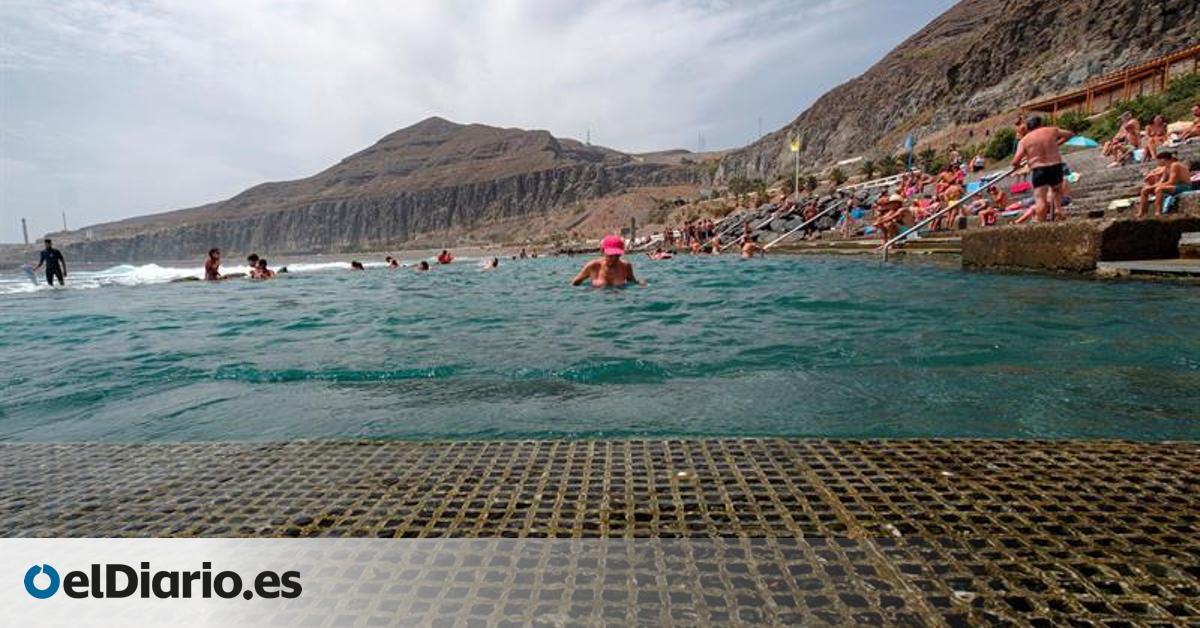
The Canary Islands Government has activated biometric signing in the judicial bodies of the archipelago, making it the first autonomous community to implement this technology, which will allow it to be registered directly on procedural documents in digital format.
In a statement, the Department of Presidency, Public Administration, Justice, and Security explained on Monday that this biometric signature will avoid printing and scanning, reduce processing times, and enhance security within the strategy of ‘paperless’.
The Department has indicated that, with the aim of facilitating the adaptation of the procedural management system to the new organisational structure, following the implementation of the Organic Law of Judicial Efficiency, the General Directorate of Relations with the Administration of Justice is strengthening training across all judicial bodies in the Canary Islands during August and September.
To this end, training is being provided on other relevant functionalities, such as access for professionals and citizens to the Electronic Judicial File (EJE) through the Electronic Judicial Headquarters of the Canary Islands, and also on all tools linked to ‘paperless’.
“These sessions allow for questions to be resolved and the knowledge of staff serving the Administration of Justice in digital tools and new technologies to be refreshed,” the Department explained in the statement.
The head of the department, Nieves Lady Barreto, has asserted that “with the full digitalisation of judicial procedures, operational efficiency improves” and this “results in greater agility in service provision to the citizen”.
Last week, support and training were provided to the trial courts included in phase 1 of the Organic Law of Judicial Efficiency: Arucas, Icod de los Vinos, La Orotava, Granadilla de Abona, Puerto de la Cruz, Los Llanos de Aridane, San Sebastián de La Gomera, and Valverde de El Hierro.
This week, training has continued on the paperless approach within the electronic judicial file (EJE) with the courts of Arona, San Cristóbal de La Laguna, Telde, San Bartolomé de Tirajana, Arrecife, Santa María de Guía, and Puerto del Rosario, as well as with the Instruction Courts of Santa Cruz de Tenerife, which will enter into subsequent phases 2 and 3 of the Law.
Training will continue for the remaining judicial bodies, and additional sessions will be held to ensure that all staff can access and be fully trained, the statement concludes.













